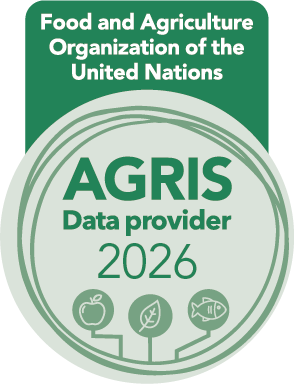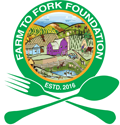Climate resilient varietal development of diverse crops through mutation breeding in Bangladesh
DOI:
https://doi.org/10.5455/faa.169849Keywords:
Mutagenesis, Crop Improvement, Mutant variety, Climate change, Food securityAbstract
The capability to quickly generate a considerable range of genetic variation in plants through mutation enables the mutagenesis approach extremely successful in developing climate-resistant cultivars across the entire world. In Bangladesh, plant breeders are confronted with a significant challenge in producing resilient and high-yielding cultivars rapidly capable of adapting to the changing environment in this densely populated region. Based on Mutant varieties data of Bangladesh which are available in the domain of FAO/IAEA Mutant Varieties Database (MVD), this review attempted to highlight the relevance of mutation breeding in crop variety development to adapt to changes occurring in diverse ecosystems of Bangladesh during this era of ongoing climate change. So far, seventy-eight mutant varieties of important crops have been released in Bangladesh, including rice, wheat, mustard, sesame, jute, rapeseed, tomato, black gram, chickpea, grass pea, lentil, mung bean, groundnut, and onion. Significant improvements in agronomic and botanical qualities have been made to maximize crop production. Salinity tolerant varieties for southern coastal regions, drought-tolerant varieties for drought-prone locations, early mature varieties for flash flood escape in haor regions, submerged tolerant varieties for flooding regions and various major disease and insect resistant varieties have been generated through mutation breeding. These mutant varieties with climate-resilient traits are sustainable under different climatic circumstances, playing a key role in assuring food security in Bangladesh. Therefore, it is anticipated that mutant breeding will contribute significantly to meeting the challenges that food production will confront in the near future due to a changing climate.
Downloads
Downloads
Published
How to Cite
Issue
Section
License
Copyright (c) 2023 by the Author(s)

This work is licensed under a Creative Commons Attribution-NonCommercial 4.0 International License.





















